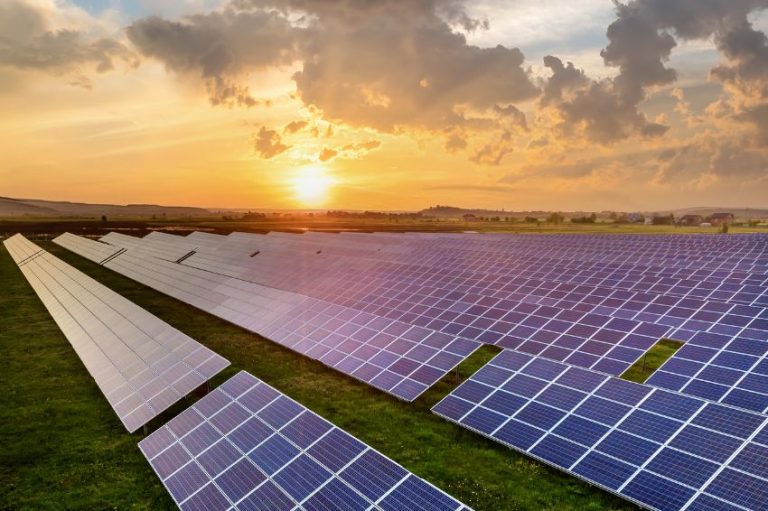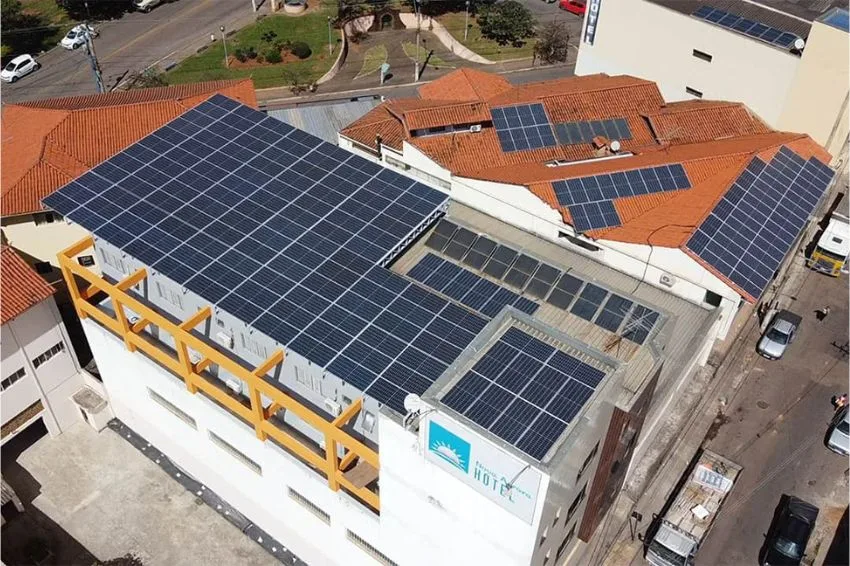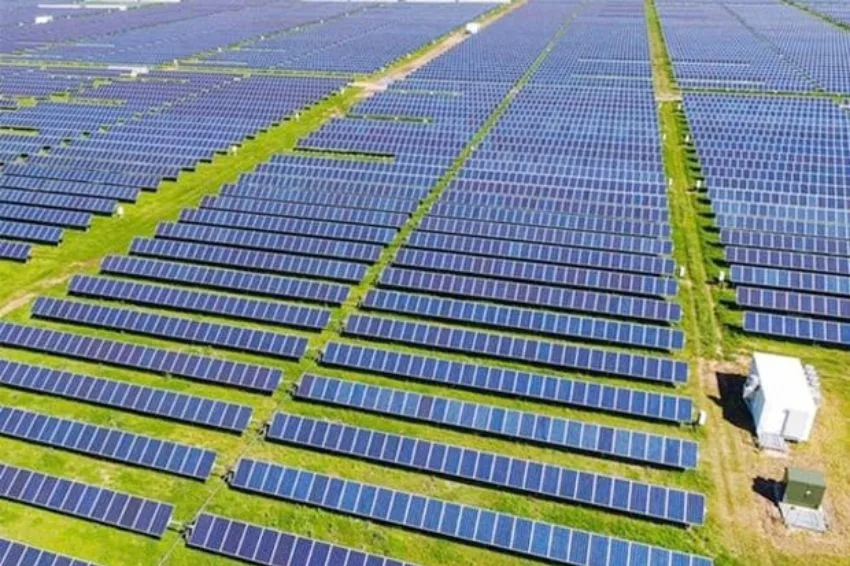The Climate Science Agency of UN (United Nations Organization) published on Monday (4) a new climate report, entitled IPCC (Intergovernmental Panel on Climate). The 6th edition of the publication emphasizes the elimination of net carbon emissions so that the increase in global temperatures can be contained.
Divided into 18 chapters, the report deals with topics such as infrastructure, climate-resilient development paths, biodiversity and mentions solar energy as a key point for a sustainable future. Furthermore, the UN cites in this document the benefits of using low carbon energy systems.
The report pointed out that, on larger scales, the implementation of solar energy on building roofs reduces the energy demand for cooling the planet by 12%, in addition to also reducing the urban heat island, bringing health benefits.
In general, the UN believes that the increased use of solar panels contributes to the reduction of greenhouse gas emissions and improves air quality, in addition to bringing benefits to the community and the environment. “The differences in the adoption of solar panels can be obtained by simultaneously investing in other technologies that use renewable energy alongside investing in solar panels”, highlights the report.
Another highlight of the published document were the benefits of distributed energy systems that are already being observed on small islands and photovoltaic systems that require less need for large, centralized infrastructure. “In the rural sector, the use of solar irrigation pumps can provide income diversification for small farmers, while also generating energy.”
In a statement attached to the report, Jim Skea, co-chair of the Panel report, emphasized that “It’s now or never.” He also highlighted that if there is no reinforcement of policies, emissions are expected to increase beyond 2025, which will cause an average increase of 3.2 °C in global temperatures by 2100.
The report is part of a three-part series from the Climate Panel and unlike previous reports, which dealt with mitigating carbon emissions and the promise of sustainable fuel alternatives such as solar and wind energy, this new report highlights only the need to cut consumer demand.
Climate changes
Another point highlighted by the document is the performance of renewable energy (solar, hydroelectric, wind), which can be affected by climate change. Even though increasing temperatures can improve solar efficiency, the downside is that it can also reduce the efficiency of photovoltaic panels and their degradation.
This is because, according to the report, the excessive effects of sand and dust carried by the wind in solar energy plants can reduce the production of clean energy. The report also highlights the need for a reliable and resilient energy supply that can support economic and social development.
















